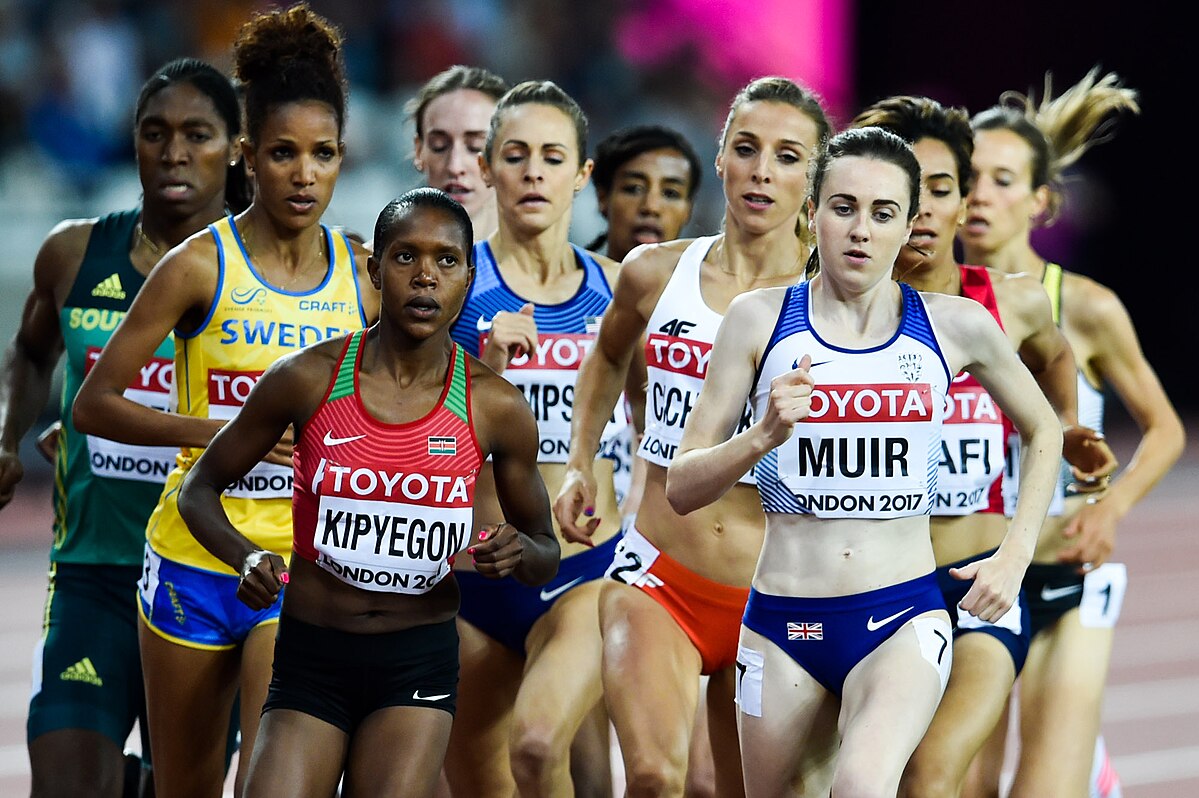
- Kenyan athlete Faith Chepngetich Kipyegon won the 1,500 meter athletic test on Saturday, on the penultimate day of Paris 2024, becoming the second woman in history to win three Olympic gold medals in athletics. In Chepngetich and Kipyegon there is a small detail that can be observed in these names. In the medals and athletic stands there are some known anthropoponymic prefixes that we see both in these games and in all the great athletic possibilities: The names of Chep and Kip (sometimes Jep-, Ki or Che) dominate in several long run races. Who are they from?They are the names of the peoples of Kalenjin and have very concrete meanings.

The 2018 Beijing Olympic Games held medals such as Kipyestar, Kibiwot, Chebet, Cheptegei, Cherotich, Chemutai...
In other tests we have met Kimutai, Kiprotich, Kipketer, Kibet, Chepchirchir and Jepchirchir, and in each case more than brilliant athletes with each name.
Those who have these names are mostly from Kenya, but many also from Uganda. These are the calenjinas, known in Kenya under that name and other subgroups, and in the case of Uganda, those of the Sebei ethnicity: a small group in Uganda, living on the border with Kenya, but similar to others in the language and, of course, in athletic capabilities.
As for names, a person at birth has traditionally been given a personal name (we can say a name of ponte), which is determined according to the situation in which they were born. In most Kalenjin speaking communities, male names usually start with prefixes with Kip or Ki. On the contrary, the female names start with the Chep- or Che (-Jep also) prefixes.
The name of the person would therefore be derived from the addition of the prefix corresponding to the description of the circumstance of birth. For example, a child born shortly before dawn may be called Kipkorir or Chepkorir. Koech is the sunrise, so Kipkoech and Chepkoech are a boy and a girl born at dawn. Chepchirchir is a wonderful name for a girl born in a very fast birth.
However, there are exceptions in both cases (boys named Chep and girls with the start of Kip), ethnic groups or linguistic variants (dialects). These names have, in many cases, become denominations, bringing the bureaucracies of the countries of Kalenjin closer to the forms of international identification of the name and surname. So, a Kipkorir can be a girl or a boy in the 21st century who is called an ancestor.
Precisely, the case of champion Faith Chepngetich Kipyegon seems to be the following: the Christian name of Faith Ponte, the Chepngetich calenjín, and the surname of his father Kipyeger, who is also called an athlete.
To find out more, the names of Kalenjin on Wikipedia.